


Human-AI interactions are well understood in terms of trust and companionship. However, the role of attachment and experiences in such relationships is not entirely clear. In...
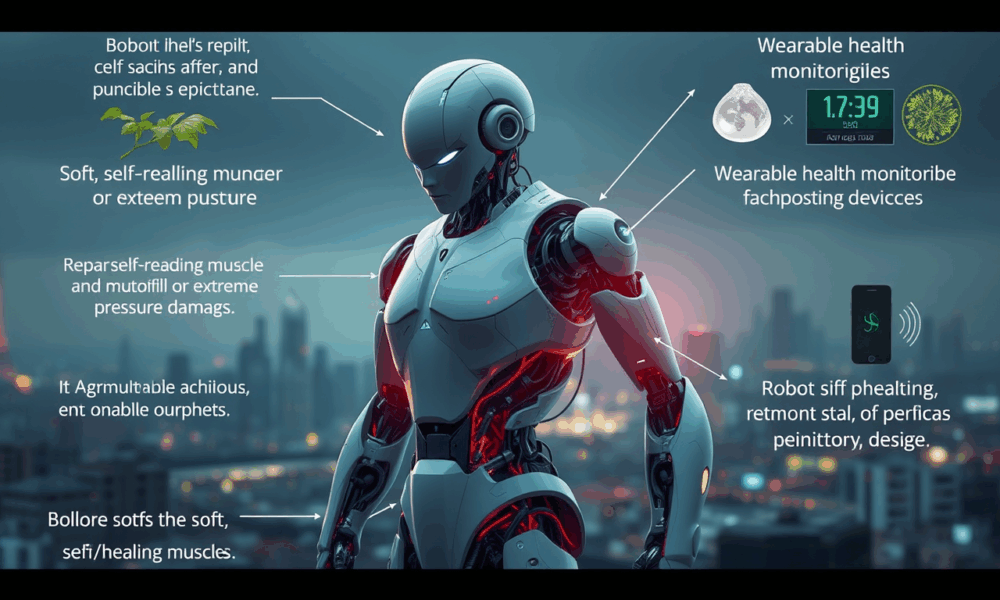
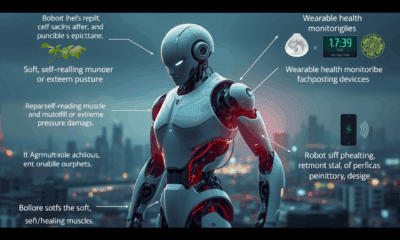

Students recently unveiled their invention of a robotic actuator -- the 'muscle' that converts energy into a robot's physical movement -- that has the ability to...
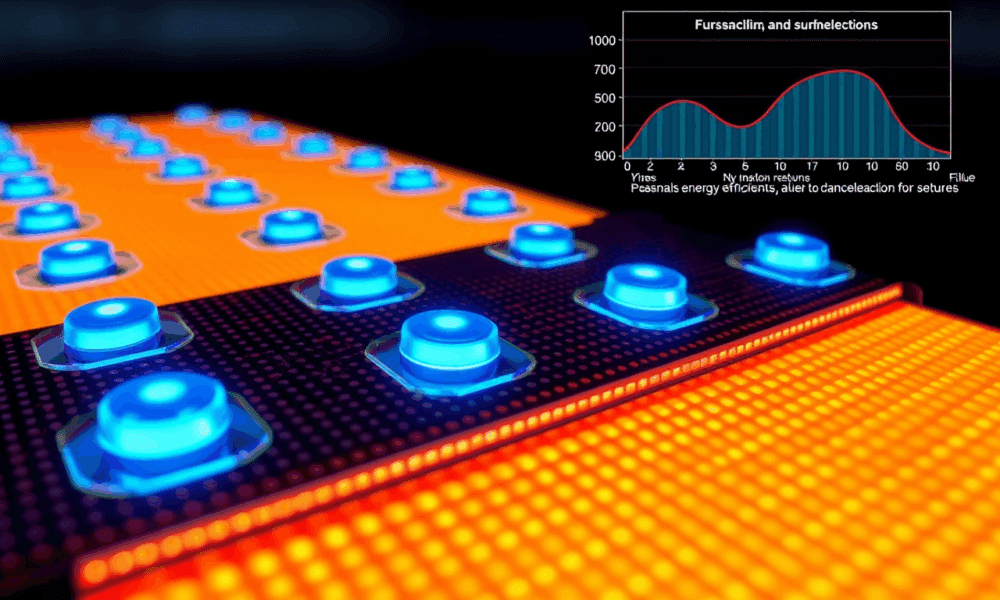
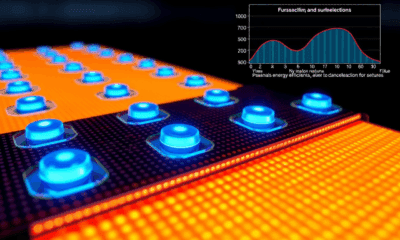

Blue phosphorescent OLEDs can now last as long as the green phosphorescent OLEDs already in devices, researchers have demonstrated, paving the way for further improving the...



An artificial intelligence technique for detecting DNA fragments shed by tumors and circulating in a patient's blood could help clinicians more quickly identify and determine if...



We need to learn our letters before we can learn to read and our numbers before we can learn how to add and subtract. The same...
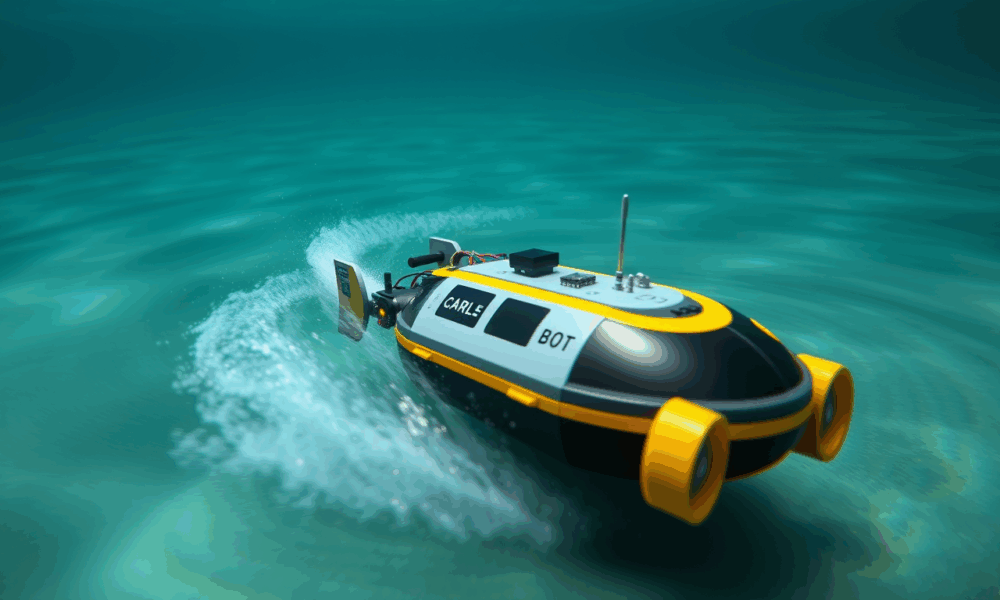


Engineers have taught a simple submarine robot to take advantage of turbulent forces to propel itself through water.
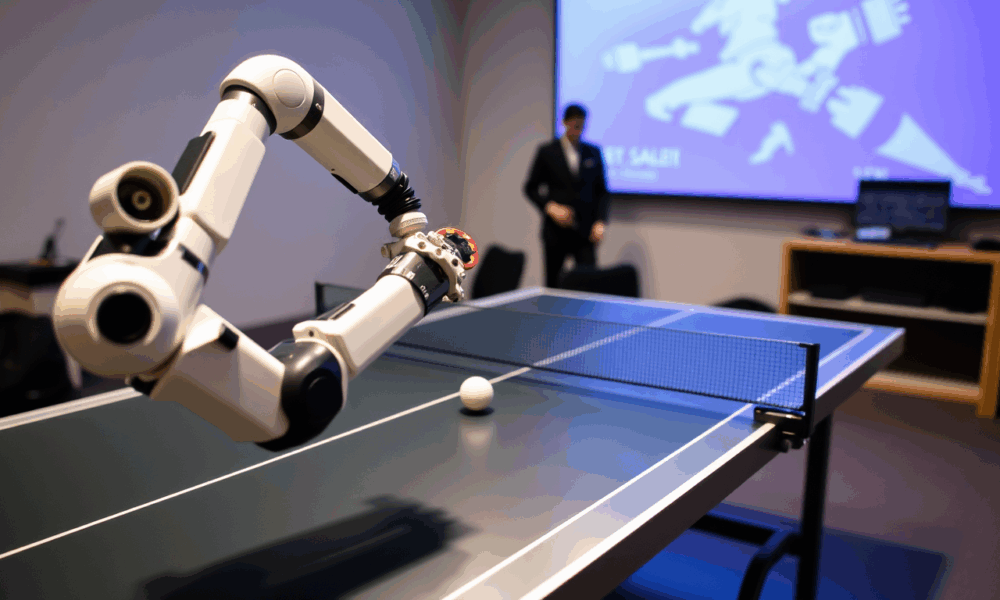
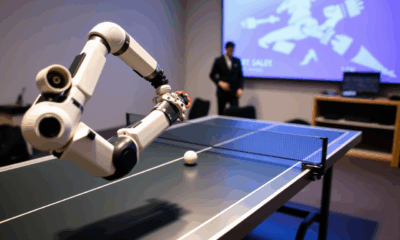

Engineers developed a ping-pong-playing robot that quickly estimates the speed and trajectory of an incoming ball and precisely hits it to a desired location on the...
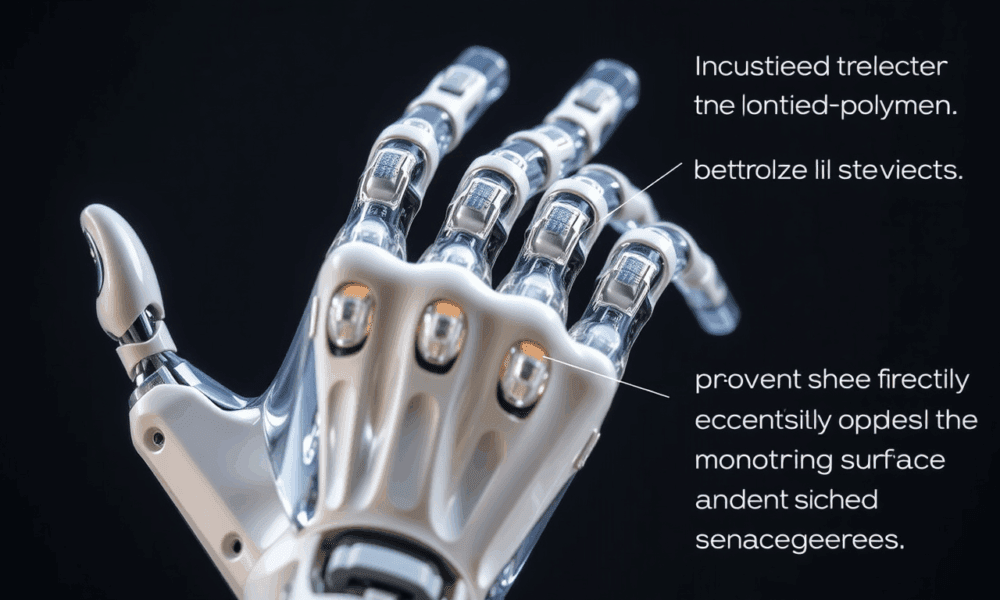
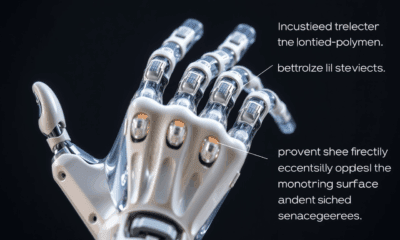

Researchers argue that the problem that has been lurking in the margins of many papers about touch sensors lies in the robotic skin itself.
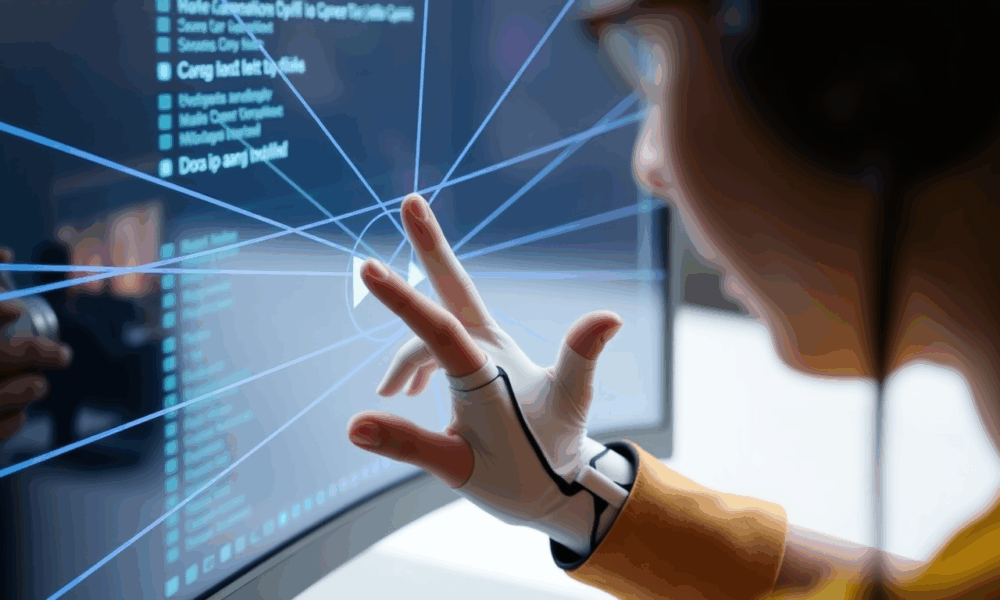
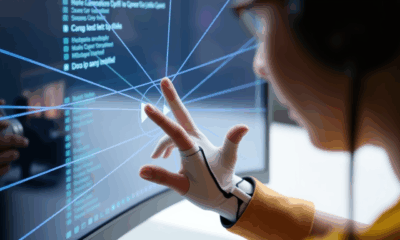

The sensation of controlling one's body and things in the environment is known as sense of agency (SoA). Not only is SoA pivotal for tasks and...
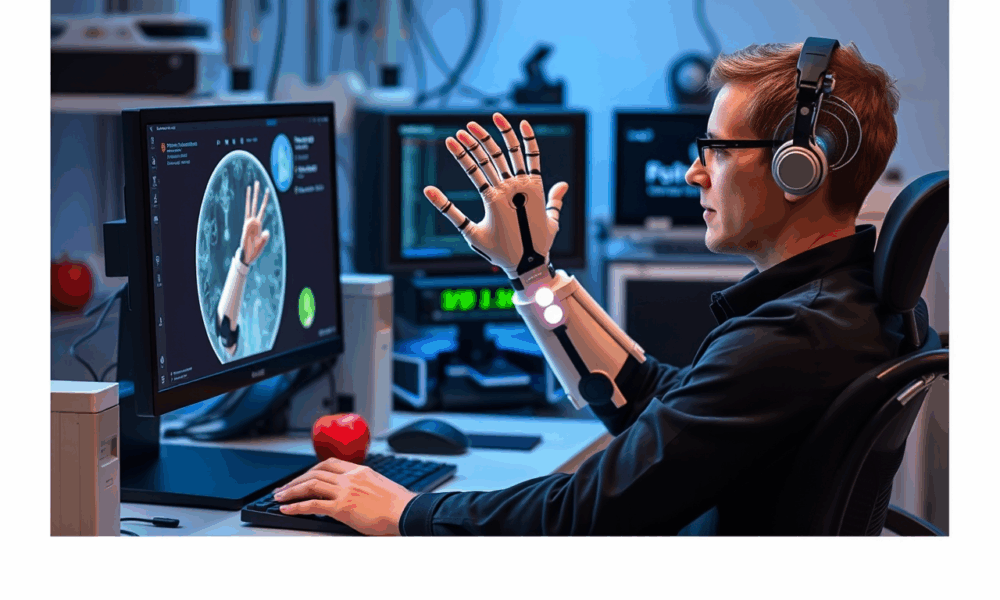
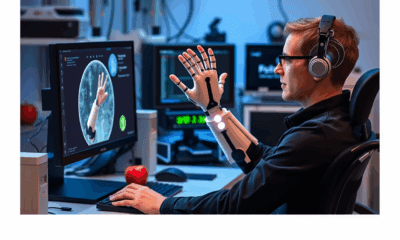

While exploring a digitally represented object through artificially created sense of touch, brain-computer interface users described the warm fur of a purring cat, the smooth rigid...